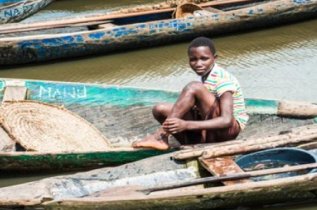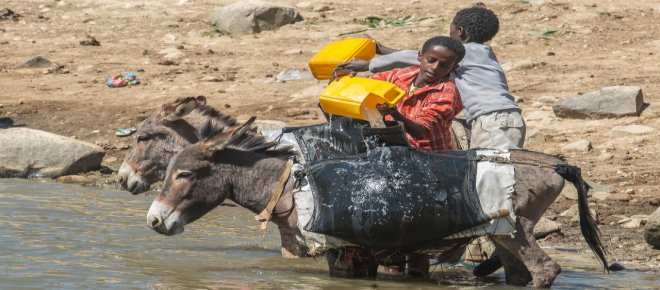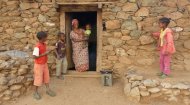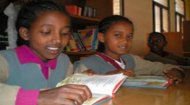|
Child Sponsor Eritrea
Become a child sponsor in Eritrea by checking out these ethical child sponsor programs and empower children, strengthen communities, and help rebuild lives. Eritrea, a nation situated in the Horn of Africa, is often referred to as one of the world’s most challenging environments for children. While its resilience and rich cultural history are undeniable, severe economic strain, coupled with limited resources and geographic isolation, mean that large segments of its youth population face profound vulnerabilities. Child sponsorship in Eritrea is far more than a charitable gesture; it is a strategic and vital lifeline aimed at bridging devastating gaps in education, health, and nutrition that threaten the potential of an entire generation, however given Eritrea is sometimes referred to as the 'North Korea of Africa, there are few programs that operate there. | |
Many Eritrean families struggle with food insecurity and lack reliable access to clean water, which immediately compromises the health of infants and young children. High rates of malnutrition diminish a child’s ability to resist disease and impede cognitive development, creating a severe barrier to future success. Furthermore, limited infrastructure means that essential services, such as fully staffed medical clinics and accessible schools, are often distant or simply non-existent in rural areas. When basic survival is the daily focus, education often becomes a distant luxury, putting children, especially girls, at higher risk of exploitation and early withdrawal from school. Sponsorship programs address this fundamental deprivation by providing the resources required to secure basic human dignity.
Core sponsorship models include educational support, covering tuition fees, uniforms, stationary, and sometimes supplementary tutoring; health sponsorship, which ensures regular medical check-ups, necessary vaccinations, and access to nutritional supplements; and community development programs, which allocate funds toward improving local infrastructure, such as drilling wells for clean water access or building latrines to improve sanitation, ultimately benefiting the entire village where the child resides. This integrated approach recognizes that a child cannot thrive in isolation if their community suffers. However, NGOs have a limited foothold in Eritrea and are largely spurned by the governmemt. Instead various diaspora organisations exist such as 'Friends of Eritrea' who work outside of the country in attempt to support those still living there, often family members.
|











